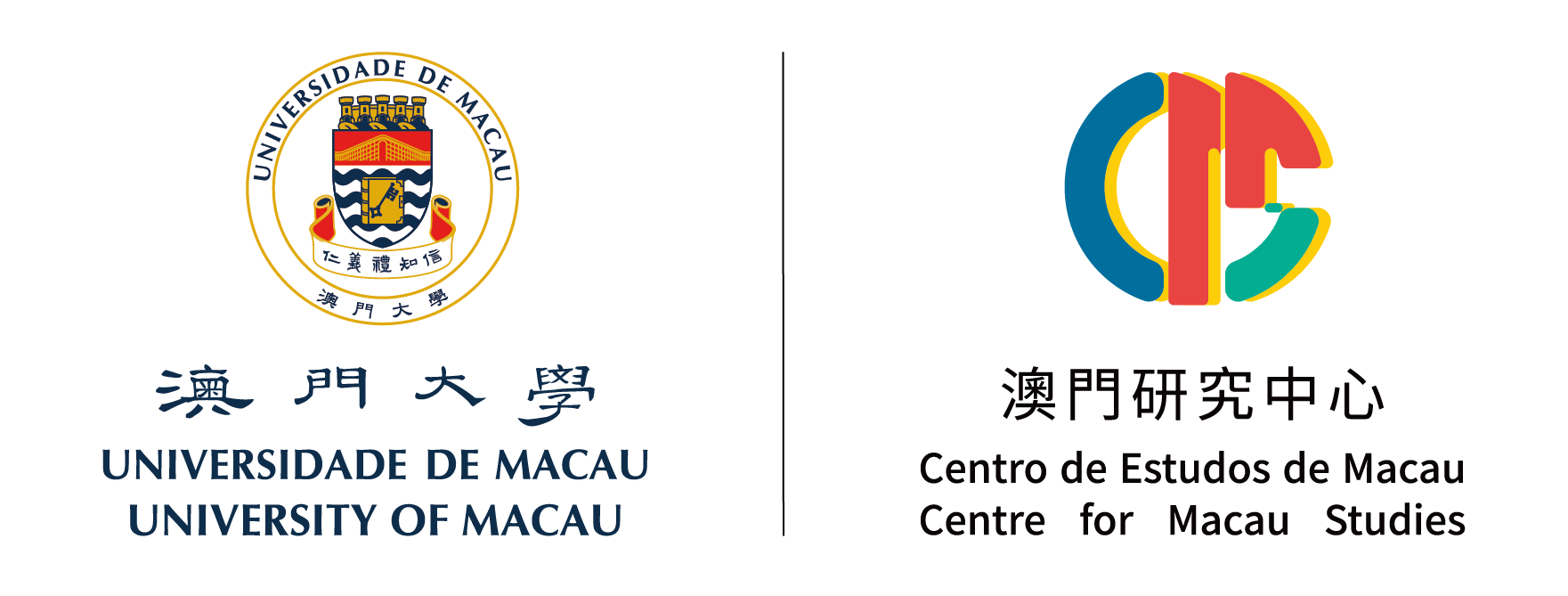
| 標題 Title |
名不副實的自由港──近代葡澳政府管理澳門貿易舉措述評 Partial Free Port: A Review of the Administration of Macao Trade in Modern Times |
|---|---|
| 作者 Author |
莫世祥 MO Shixiang |
| 摘要 Abstract |
葡萄牙政府在澳門自由港的頂層設計中,預設增加稅收和限制自由貿易的多項規定。澳葡政府將居澳華人納入徵稅範圍,全面推行包稅專營的貿易管理政策,以此作為葡式自由港免徵大部分關稅之後確保財政收入的替代措施。包稅專營商利用澳葡政府賦予的特權,在本行業實行排他性的壟斷經營,形成本地自由貿易的機制性障礙。葡萄牙政府抽調澳門財政收入盈餘,用於本國及海外殖民地的開支,致使澳門自由港長期缺乏金融、保險、倉儲及港口疏浚等基礎設施建設,從而形成本地自由貿易的功能性障礙。這兩大障礙交相作用,嚴重削弱近代澳門經濟的內 在活力與對外競爭力,致使澳門陷入依附型經濟的困境。
In the top-level design of the Free Port of Macau, the Portuguese government presupposed the addition and restriction of many provisions, such as increasing tax and restricting free trade. The government enforced taxation on Chinese people living in Macao, and fully implemented the trade management policy of tax-inclusive franchise as an alternative measure to ensure continued growth of fiscal revenue after the Portugal free port exemption from tariffs. The tax-inclusive farmers used the privilege granted by the government to implement exclusive monopoly operations in the industry and formed an institutional obstacle to local free trade. The Portuguese government embezzled Macao’s fiscal surplus for spending of its own and on overseas colonies, resulting in a long-term lack of infrastructure such as finance, insurance, warehousing and port dredging in the Free Port of Macau, which created a functional barrier to local free trade. These two major obstacles adversely affected the internal vitality and external competitiveness of the economy of modern Macao, causing Macao to fall into the predicament of a dependent economy. |
| 關鍵詞 Keywords |
自由港,包稅專營,港口設施,依附型經濟,澳門 Free port, Tax-inclusive monopolies, Port facilities, Dependent economy, Macao |
| 下載 Download |
Links |

